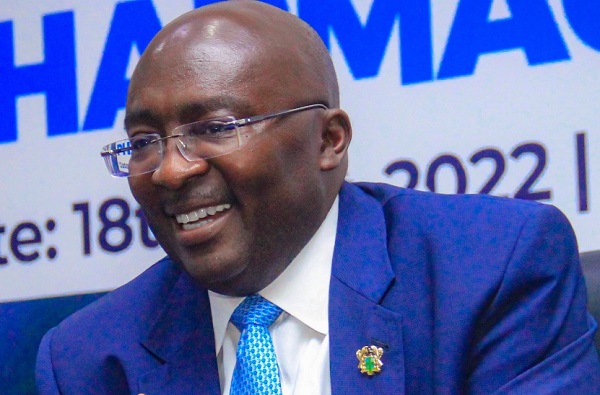
Gold for Oil deal: More engagement required
The first consignment of gold for oil arrived at the Tema Port two weeks ago.
The 40,000 metric tonnes of oil from the United Arab Emirates were subsequently discharged to Bulk Oil Storage and Transportation (BOST). The deal was valued at $40 million.
Advertisement
BOST will subsequently formulate plans for its distribution and sale to the oil marketing companies.
In November 2022, the government announced plans to buy oil products with gold rather than US dollars.
This is because, the country’s Gross International Reserves stood at around $6.6 billion at the end of September 2022, equating to less than three months of imports cover. That is down from around $9.7 billion at the end of 2021.
The country spends about $4.8 billion annually to buy fuel, and the government said bartering gold for oil will immediately save Ghana $3 billion or approximately four per cent of gross domestic product (GDP) in foreign exchange costs, to reduce pressure on the local currency.
Like Nigeria, Ghana produces crude oil but it has relied on imports for refined oil products since its only refinery shut down after an explosion in 2017.
Currently, Ghana has a monthly oil consumption of 180,000 metric tonnes, which it uses millions of dollars to import, thereby increasing demand for the US currency at the expense of the cedi that depreciated by 57 per cent in 2022.
If implemented as planned for the first quarter of 2023, the new policy will fundamentally change the country’s balance of payments and significantly reduce the persistent depreciation of the cedi.
The government is negotiating a relief package with the International Monetary Fund as the cocoa, gold and oil-producing nation faces its worst economic crisis in a generation.
For us, gold is indeed an important export commodity for the country, contributing about 35 per cent of the country’s merchandise exports in 2021.
Again, for the gold for oil deal to be sustainable, it would be dependent on the production capacity of gold in the country.
Though the gold for oil deal is a novelty, industry players say they have not been consulted.
For example, the licensed gold buyers were unclear about how the new policy for the Precious Minerals Marketing Company (PMMC) to purchase small-scale gold will affect their trade.
The President of the Chamber of Mines asked for broader engagement on the policy at the Chamber’s Annual Awards night recently.
The Daily Graphic commends the government for initiating the deal and reducing the pressure on the country’s reserves.
We would however like to caution the government to smoothen all the rough edges and ensure that the oil for gold agreement is sustainable so that the country can have a regular supply of oil.
We therefore urge the government to engage all stakeholders in the industry to ensure the sustainability of the programme.
The Ghana Chamber of Mines and the PMMC are critical stakeholders whose inputs into the programme will ensure that all the rough edges are smoothened.
We are confident that when all the players in the industry are engaged, the gold for oil deal can be sustained.




